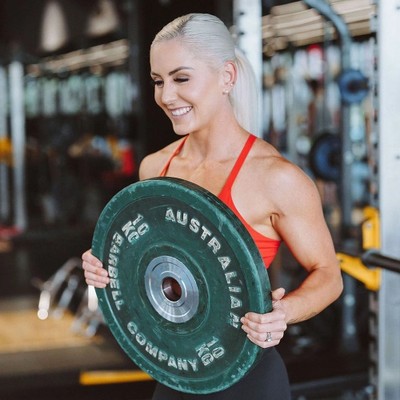
Getting into Powerlifting
Posted by Dave Napper
Estimated reading time: 4 minutes
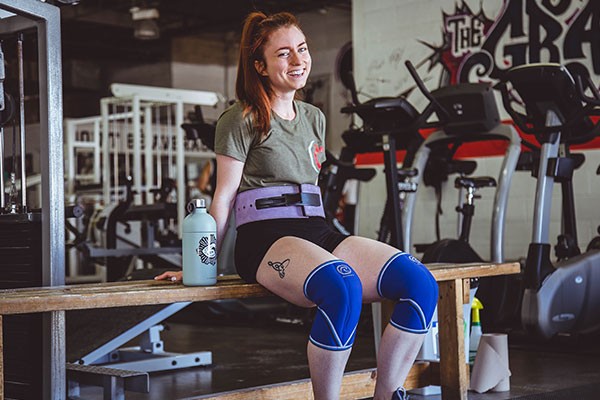
You’ve seen them many times: weight belts are large (mostly leather) straps that go around your waist when lifting.
They’re much wider than your average belt and are designed to be put on tightly; helping you lift more during exercises like squats and deadlifts that call upon your core.
And the research into how they improve strength is clear: you’ll lift more by using one.
Explosive power has been found to be higher and bar speed faster, too.
This generally means more weight is being lifted. When we’re slower with bar speed, it’s a sign that we’re either fatigued, or the weight is too heavy.
One study into deadlifts found that subjects reached peak ground reaction force sooner when wearing a belt. This means they ultimately had more power for lifts, and less fatigue was present.
You know when you’re going for a set of heavy squats, and you are pausing at the top for a while, and are quite slow across the whole rep?
A weight belt aims to stop this, and increase the speed, thus the amount of weight and reps you can perform.
Such is exactly what this study found – when subjects were lifting 1.6 times their body weight, they took 6% less time to do so when wearing a belt.
And when we look at all of this data, we see there is a ~5-15% difference in performance, meaning we can expect to lift around 5-15% more weight for the same sets and reps.
Now that’s a significant difference!
Some people criticise weight belts as equipment that stops your key muscles from working as hard; the belt is somehow absorbing it all.
But this just isn’t true.
This study found quad, hamstrings, adductors, or gluteus maximus EMG activity wasn’t reduced when a weight belt was worn during deadlifts.
The same was also found for squats.
The other cry is that belts make our cores weak, but this is unlikely.
This study found that deadlifting with a belt increased ab activity but decreased external oblique activation.
The same was found in another study with squats: ab activity actually increased.
The other finding is that a weight belt might be safe for some of us that have been injured before.
This research reports how industrial workers lifting heavy objects saw a benefit to a weight belt if they’d been injured before, but not if they hadn’t.
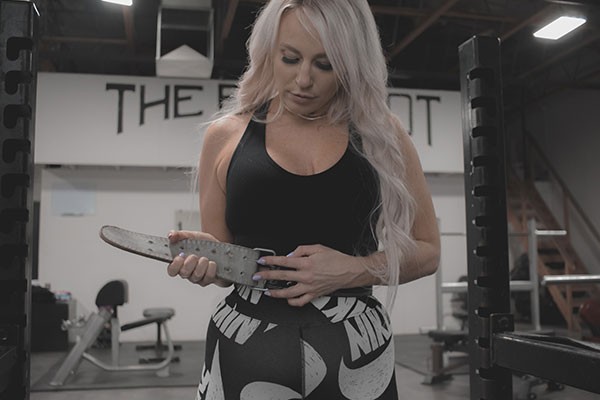
Lifting with a belt increases intra-abdominal pressure. These researchers sum this up quite nicely:
“Wearing abdominal belts raises intra-muscular pressure of the erector spinae muscles and appears to stiffen the trunk. Assuming that increased intra-muscular pressure of the erector spinae muscles stabilizes the lumbar spine, wearing abdominal belts may contribute to the stabilization during lifting exertions.”
In other words, we’re becoming more stable when using a weight belt.
For deadlifts, intra-abdominal pressure is increased by about 15%.
For squats, it’s increased by 30-40%.
So, is this a bad thing?
It’s a yes and no answer: it’s good because as we touched on above, increased abdominal pressure protects the spine from stress.
But it’s bad because it might cause a spike in blood pressure when we’re lifting.
So, if you suffer from high blood pressure, you might want to rethink this approach or consult with your doctor. But if you’re not affected by high blood pressure, there shouldn’t be as much cause for concern.
Now it’s critical I point out there are not any long-term studies done into those wearing weight belts and those not. But we do have is enough data to give some common sense approaches until more surfaces.
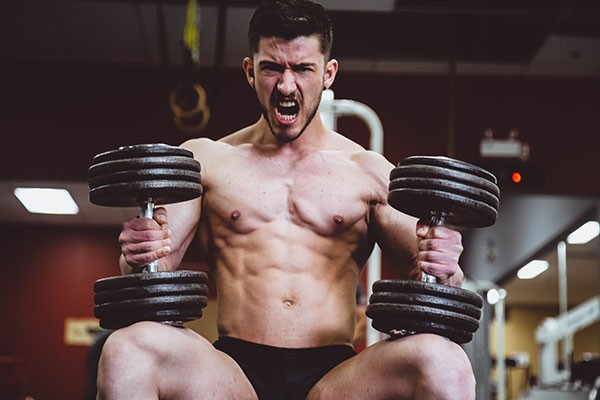
If you’re an experienced powerlifter or bodybuilder, you should take advantage of the aforementioned 5-15% increase in performance. Why wouldn’t you?!
This is, of course, assuming you’re experienced.
You can’t just sign up to a gym with a weight belt without having learnt to squat or deadlift and start trying to move more than your body weight!
That’s a recipe for injury.
So, if you’ve been training for at least 8 months, and have had your squatting form ticked off by a fitness professional and can squat your body weight comfortably – a weight belt might now be something you can think about.
Who should NOT wear a weight belt?
If you have blood pressure issues, or have a hernia, or are an inexperienced lifter.
Weight belts should be used by experienced bodybuilders and powerlifters, who will benefit from a 5-15% increase in performance. They shouldn’t be used by those with blood pressure issues or hernias, nor inexperienced lifters who haven’t learnt to squat or deadlift properly.
Weight belts increase intra-abdominal pressure, protecting the spine from stress and helping us stay stable. This is what can help us lift more weight, and doesn’t appear to make our cores weaker.

Like many, Dayne was once desperate to lose weight and get into shape. But everyone he asked, everything he read, lead to the same place... nowhere.
His journey started there - researching science journals and completing a Sports Nutrition Specialist qualification so he could make weight loss easier.

Posted by Dave Napper
Estimated reading time: 4 minutes
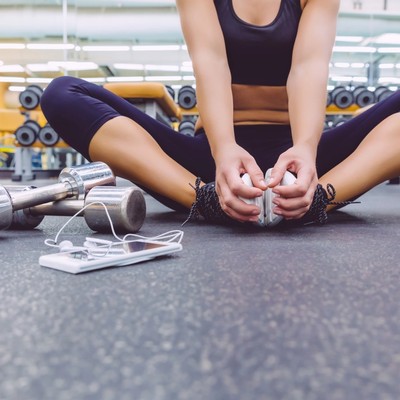
Posted by Nicole Frain
Estimated reading time: 4 minutes
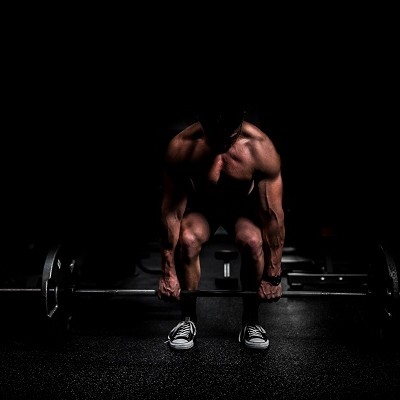
Posted by Dayne Hudson
Estimated reading time: 6 minutes
With over 700 recipes and articles, the Bulk Nutrients Blog has something for everyone! Find a new workout, meet our ambassadors or take a deep dive into our products today.
We're an Australian manufacturer and supplier of high quality sports supplements.
Operating since 2008, Bulk Nutrients has become one of the premier Australian brands to supply nutritional products to top level athletes, competitors and those on a journey to a healthier lifestyle.
One thing that sets Bulk Nutrients apart is that we love to talk to our customers!
Whether you need product advice, help with the website or need a change made to your order... call us on +61 3 6266 4725.
If you prefer email you can email us day or night at info@bulknutrients.com.au
For online chat, hit the 'Chat' button in the bottom right hand corner of your screen and you'll be connected to one of our lovely customer service team.
Or if you'd like to get in touch through our online contact form, that's cool too!
Terms & ConditionsSustainability StrategyPrivacy PolicyPayment InformationSitemap
All prices are in Australian dollars (AUD) and include GST unless otherwise stated.
All content copyright © Bulk Nutrients 2008 - 2024